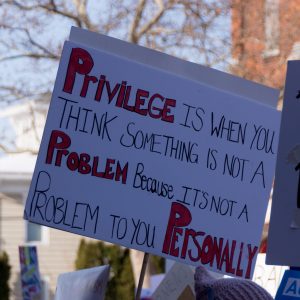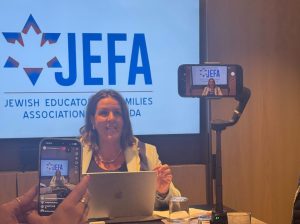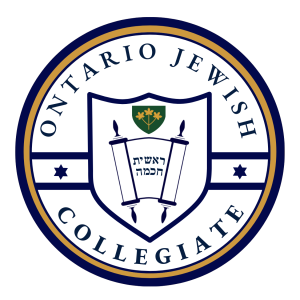 When Hillie Sturm visited Israel last month, he didn’t have much time to relax.
When Hillie Sturm visited Israel last month, he didn’t have much time to relax.
Hillie Sturm, right, and fellow Yeshiva University student Sammy Steiner sample vegetables while working in a garden in Israel.
In his week off from school, the Toronto native, along with 11 other Yeshiva University undergraduate students, painted an apartment building, worked on an elementary school’s garden and helped start the process of resettling families from the Gaza Strip.
The YU students were part of the school’s Quality Education Skills Training (QUEST) program, which helps build leadership skills through lectures and first-hand experiences.
For the first time, QUEST partnered with the Jewish National Fund (JNF) to raise money for a Jewish cause of the students’ choice.
The students decided to support the Halutza project, which aims to resettle Jews who were evacuated from Gaza in 2005, when Israel withdrew from the area. Families will be resettled into the desert community of Halutza.
After a semester of fundraising, Sturm and his peers raised about $22,000, which will go toward building permanent homes, schools and community centres in the area.
For Strum, the project hit a chord, since his cousins were affected by the evacuation.
“They lost everything, they had no one to help them out. When this opportunity came up, that’s who I thought of,” he said. “This money that was raised will help these people. That’s what gave me this motivation.”
QUEST participants raised funds through a comedy night, a website and a phone-a-thon.
“At the beginning, it seemed a little daunting. It seemed a lot to us,” Sturm said, adding that the original goal was $20,000.
“Once we saw that maybe it was tangible, it inspired us to push harder.”
When the students reached their goal, JNF, along with QUEST, sent them to Israel on the week of Jan. 4 to see where their money would go.
Rabbi Kenneth Brander, dean of Yeshiva University’s Centre for the Jewish Future, sees QUEST as an important experience.
“It’s almost like a Habitat for Humanity-type program… These students realize how they can, in a challenging economy, raise $22,000 and use those funds to help build some infrastructure,” he said. “And they, themselves, can be involved in the work effort.”
For Rabbi Brander, the fact that students were able to interact with community members was essential to the program.
“For these students to see how the funds were used and to be involved… it doesn’t just inform them, it allows them to understand the process,” he said.
For Reuven Turgel, a participant and Montreal native, the trip helped him feel closer to QUEST’s cause.
“We wanted to take part in building something from new and really make something from nothing,” he said, adding that his group visited the area where the community will be built.
“It’s pretty empty. They’re going to start building really soon, I’d love to come back and see how our money really helped,” he said.
One of Turgel’s most memorable moments in Israel was visiting a kindergarten class.
“We planted a garden with the kids… we saw green in the desert. You had to actually see it to believe it,” he said. “You have sand and a big patch of green in the middle. We picked carrots from the middle of the desert.”
Turgel was impressed by the garden, and not just because of its carrots.
“One of the things [their teachers] valued was to teach the children how to do agriculture from a really young age,” he said. “They see the importance of building the land for the future of Israel.”
Along with the QUEST program, Yeshiva University also ran two winter break programs in Israel. The first, called Operation Healthcare, which ran from Jan. 4 to 15, focused on Israel and America’s health-care system. Pre-med students from YU worked in hospitals, visited soup kitchens and learned about social responsibility in the medical field.
The second Israel trip, from Jan. 6 to 17, was called Shabbat 2010 and taught students the significance and roots of Shabbat observance.






